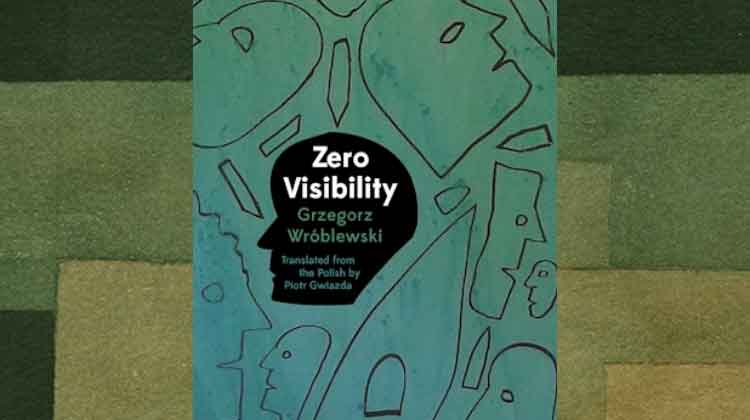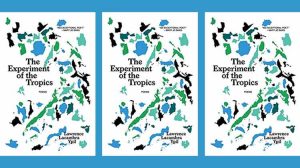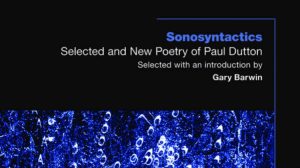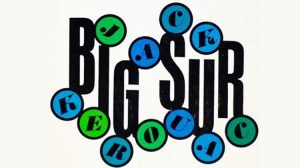
Zero Visibility by Grzegorz Wróblewski (trans. Piotr Gwiazda) / Phoneme Media / 136 pages / ISBN: 978-1944700126
We are constantly swamped with all sorts of products (books, music, movies, the news). Does it make our lives any better or worthwhile? We are Pac-Men and Pac-Women gobbling up everything hoping to eat enough pellets and find the special pellet (lover, song, movie, book, coffee table, trousers) to gobble up the hungry ghosts that are chasing us. It is all an illusion. Distractions. We can’t shake the ghosts. There is no special pellet to save us. In the title poem of Grzegorz Wróblewski’s Zero Visibility, the speaker is being led through a fog: “I enter a fog tunnel. / The guide falls silent. / No way back. / I grope my way forward. / (Life is unbearable).” There is no real escape from the absurdity of human existence. There is no great plan of salvation. And yet we continue to grope forward. Making meaning out of non-meaning. In the poem “A Long Snowless Winter,” the speaker observes: “Birds and naked people are gone. / (We’re reading modernist poetry out loud.) / Margrethe II exhibits her dresses. / One must believe in something. / Nothing makes sense.” And yet, this nothing is pregnant with possibilities. The nothingness in Zero Visibility is perhaps somewhere between the nothingness of Zen Buddhism and the nothingness of the great existentialist thinkers and artists.
Even the attempt to find answers in science, the facts, is folly. Zero Visibility often uses the distancing language of the sciences, anthropology and biology for example, but this objectivist distancing is also undercut with subjective human experience. Sometimes the effect is overtly political, or satirical, or heart-breaking, or shocking.
Some of the poems in Zero Visibility play with found language, a hallmark of current American conceptualist art. Often the result is jarring. For example, the poem “Enhanced Interrogation Techniques” uses the trivial (celebrity gossip about Tom Cruise and his teeth, the definition of an hourglass figure etc.), with descriptions of various forms of torture, along with the objective reporting of the news, such as:“two small planes with Poles on board went down.” It is a dense poem that highlights the saturation of information we are faced with everyday through social media, news reporting and so on, and the effect, with its perhaps relentless drone, is powerful satire. Life in all its absurdity is leveled. In our massive information age overload is anything more trivial, or important, than another thing? Should it be?
There is also humor in Zero Visibility. A minimalist precision with deadpan comic timing. Think perhaps of the dark comedy of Samuel Beckett with the raw punkness and absurdity of Andrzej Bursa. Take the poem” The Great Fly Plague.” It reads like part anthropological text from a newly discovered island and part nightmare (the black flies “were first to report. / As they entered us they took turns with the golden ones, which / hollowed out our eyes. ” However, not all of the humor in Zero Visibility is nightmarish and surreal. There is also sometimes humor with a lightness of touch. The poem “Blue Monday” highlight the horrors of Mondays with the repetition of the line “We die of stress on Mondays” and ends with the horror of Fridays: “New research shows / Fridays are dangerous too / fucking Friday… / Fucking Monday / & fucking Friday/ we die of stress.” Or the poem “Minimalism,” that brings to mind the American poets Ron Padgett or Mike Topp:
In the sorrow
of war
she found the road
to hope
(in theatres Friday)
The poems in this collection are the work of an outsider artist in all senses. It is this outsiderness that allows for seeing clearly. In Zero Visibility the human species is often seen from the perspective of an alien life form. The result is more real than real. Or, to put it another way, like all great art, the familiar is made strange so we can see it again clearly. As the speaker says in the final poem of the collection,“The Wave,”: “The rope gives out / I fall to the floor / I have failed. Hot shower / The wave disappears . . . /Mirror. So that is what my face looks like. I breathe slowly. / How strange to be back / on this planet.”
In a recent interview with his translator Piotr Gwiazda at Jacket Magazine, Wróblewski says: “I think of the earth as a kind of insane asylum. You have to be an idiot to survive. If you are not an idiot, then the only choice is suicide. It’s the most obvious choice, intellectually. Or maybe what makes sense is the possibility of human contact, a friendship, a meeting of the minds, perhaps through literature.” Grzegorz Wróblewski’s Zero Visibility makes life more bearable, less lonely. It does not try to hide behind the distractions. It walks the tightrope of nihilism.
Despite all the publications, Wróblewski is an outsider artist in all senses. No awards. Very little recognition etc. He is a terrific writer and painter and lives close to Freetown Christiania in Copenhagen. His work is heavily influenced by Beat literature, existentialist philosophy, Zen Buddhism, and Eastern/Central European surrealism.




Leave a Reply